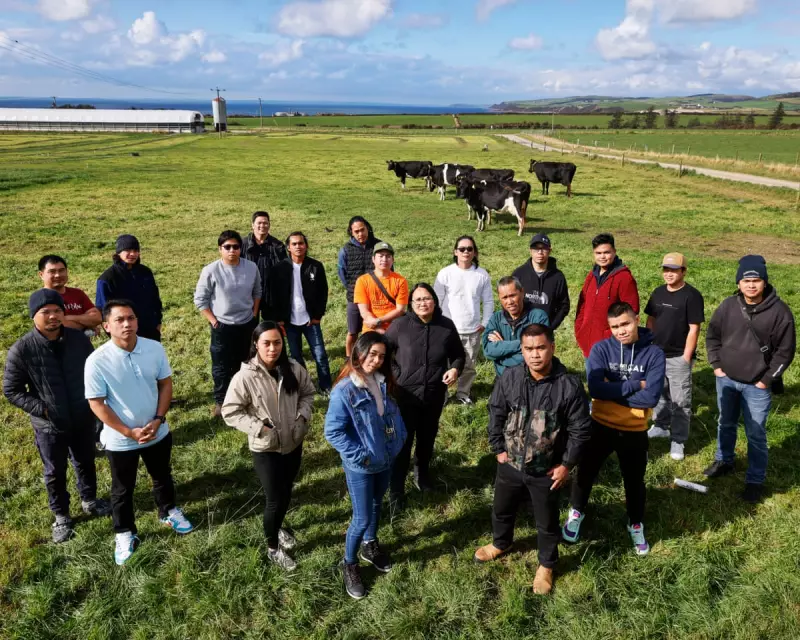
Scotland's agricultural sector is embarking on an ambitious international recruitment drive to combat severe labour shortages that have threatened the stability of the nation's farming industry. Dozens of skilled workers from the Philippines are now preparing to relocate after successfully securing UK visas through a specialised immigration scheme.
A Strategic Solution to Workforce Crisis
The initiative represents a strategic response to chronic staffing challenges that have plagued Scottish farms for years. With domestic workers increasingly difficult to recruit, agricultural businesses have turned to international talent to maintain operations and secure Britain's food supply chain.
This carefully managed migration programme focuses specifically on bringing qualified agricultural professionals who possess the technical skills and experience necessary for modern farming practices. The Filipino workers bring expertise in areas where Scottish farms have struggled to find adequate staffing.
Economic Imperative Meets Immigration Policy
The successful visa approvals come at a critical juncture for Scotland's rural economy. Farmers have repeatedly warned that without reliable access to skilled labour, food production capacity could diminish, potentially leading to increased imports and higher consumer prices.
"This isn't just about filling jobs; it's about securing the future of Scottish agriculture," explained one industry representative. "These workers bring specialised skills that are essential for maintaining our competitive edge in food production."
Broader Implications for UK Agriculture
The Scottish initiative is being closely watched by agricultural sectors across the United Kingdom, many of which face similar workforce challenges. The programme's success could provide a blueprint for other regions struggling with agricultural labour shortages.
Key benefits of the scheme include:
- Addressing immediate skills gaps in critical agricultural sectors
- Supporting rural communities by maintaining farm viability
- Ensuring continuity in food production and supply chains
- Bringing international expertise to enhance farming practices
The arrival of these skilled workers represents more than just a temporary fix—it signals a strategic shift in how the UK agricultural sector approaches workforce development in a post-Brexit landscape.





